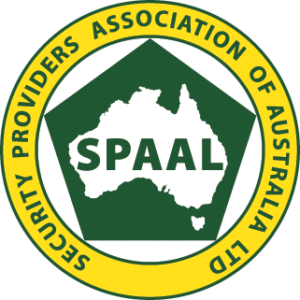Australia’s summer period brings one of the busiest operating environments for security providers. Increased foot traffic, extended trading hours, major events, alcohol-related risks, and rising demand for crowd management all place additional pressure on licensed security personnel. For many members, this period coincides with annual leave cycles and the need to operate leaner, more flexible rosters.
To support providers during this peak season, SPAAL is highlighting several core principles that help maintain compliance, safety, and service quality across all states and territories.
1. Maintain Strong Workforce Planning
The summer months can stretch staffing capacity, especially for venues, hospitality precincts, and retail environments. Members should review staff availability early, confirm licensing currency, and ensure appropriate supervision arrangements remain in place.
2. Prioritise Communication with Clients
Client expectations shift during December–January. Proactive communication around staffing levels, risk changes, and incident trends helps maintain trust and minimises operational surprises.
3. Strengthen Risk Management Practices
Crowds, weather conditions, and alcohol consumption all elevate risk. Reviewing site-specific risk assessments and reinforcing incident escalation pathways ensures teams remain prepared.
4. Refocus on Compliance Essentials
Across all jurisdictions, compliance obligations continue unchanged through the busy period. License checks, uniform standards, accurate record-keeping, and proper incident documentation remain essential.
5. Support Staff Wellbeing
Fatigue management is especially important during prolonged peak periods. Adequate breaks, supervisor check-ins, and encouraging early reporting of concerns help maintain safe working conditions.
Peak season presents challenges—but also an opportunity for providers to demonstrate professional standards and reliable service at a time when customers and communities rely on them most.

